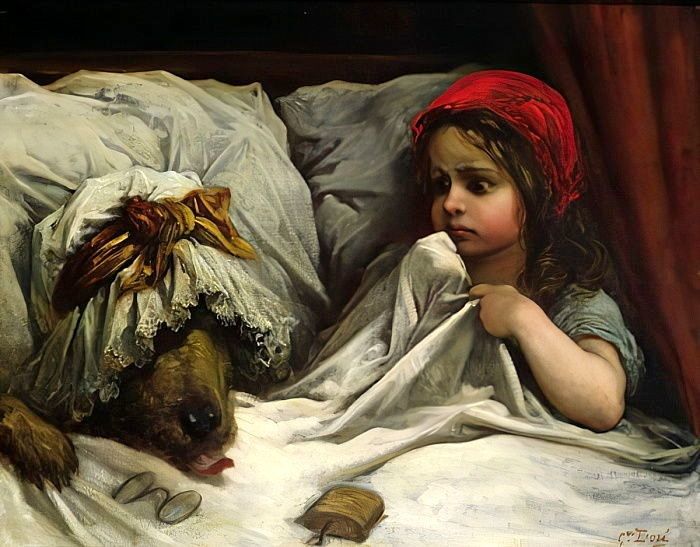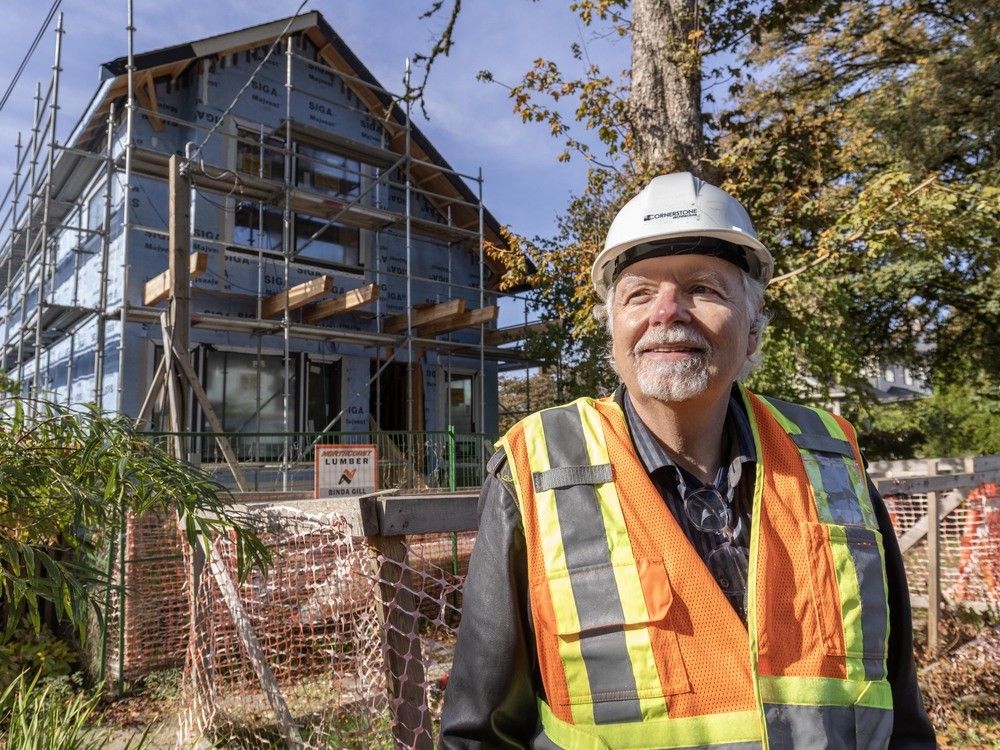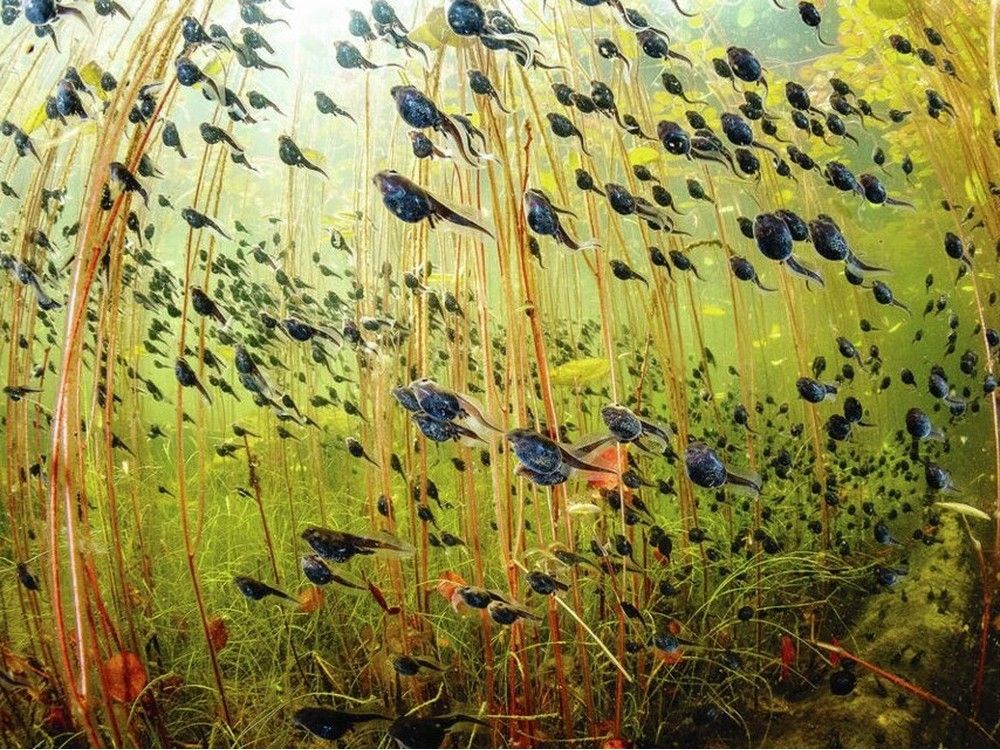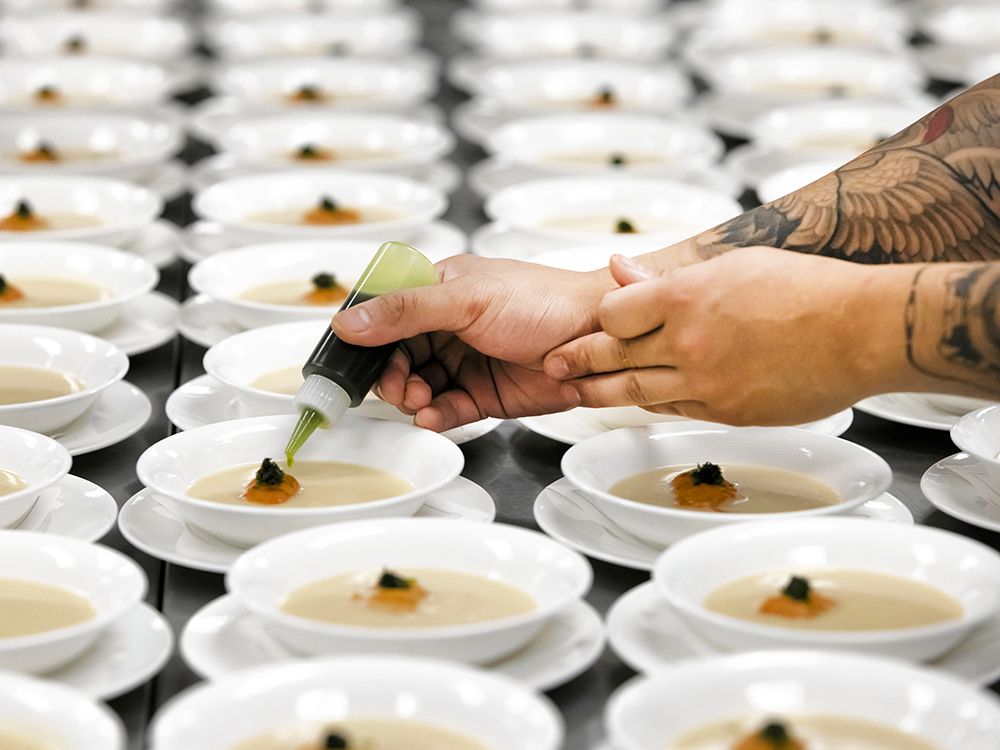Chew on this: Invasive plant species are throttling natural plant life in the city, which has no comprehensive plan to stop it. Coun. Marty Carr (and others) say special 'eco-herds' of goats might fix the problem.
Get the latest from Bruce Deachman straight to your inbox
Published Oct 16, 2024 • Last updated 0 minutes ago • 5 minute read

If some city councillors can get the necessary support from their colleagues, Ottawans may, one of these days, welcome a whole new breed of gardeners to town: goats.
That’s right: goats.
And it might not be a ba-a-a-a-d idea. (OK, sorry)
Alta Vista Coun. Marty Carr — an urban councillor — is leading the charge to allow the horned ruminants onto city properties where they will, in theory, happily chomp their way through such invasive or otherwise unwelcome plants as buckthorn, dog-strangling vine, wild parsnip, garlic mustard, hogweed and even poison ivy, species that grow like, well, weeds, and in many cases threaten long-established plants and ecosystems.
Advertisement 2
THIS CONTENT IS RESERVED FOR SUBSCRIBERS ONLY
Subscribe now to read the latest news in your city and across Canada.
- Exclusive articles from Elizabeth Payne, David Pugliese, Andrew Duffy, Bruce Deachman and others. Plus, food reviews and event listings in the weekly newsletter, Ottawa, Out of Office.
- Unlimited online access to Ottawa Citizen and 15 news sites with one account.
- Ottawa Citizen ePaper, an electronic replica of the print edition to view on any device, share and comment on.
- Daily puzzles, including the New York Times Crossword.
- Support local journalism.
SUBSCRIBE TO UNLOCK MORE ARTICLES
Subscribe now to read the latest news in your city and across Canada.
- Exclusive articles from Elizabeth Payne, David Pugliese, Andrew Duffy, Bruce Deachman and others. Plus, food reviews and event listings in the weekly newsletter, Ottawa, Out of Office.
- Unlimited online access to Ottawa Citizen and 15 news sites with one account.
- Ottawa Citizen ePaper, an electronic replica of the print edition to view on any device, share and comment on.
- Daily puzzles, including the New York Times Crossword.
- Support local journalism.
REGISTER / SIGN IN TO UNLOCK MORE ARTICLES
Create an account or sign in to continue with your reading experience.
- Access articles from across Canada with one account.
- Share your thoughts and join the conversation in the comments.
- Enjoy additional articles per month.
- Get email updates from your favourite authors.
THIS ARTICLE IS FREE TO READ REGISTER TO UNLOCK.
Create an account or sign in to continue with your reading experience.
- Access articles from across Canada with one account
- Share your thoughts and join the conversation in the comments
- Enjoy additional articles per month
- Get email updates from your favourite authors
Sign In or Create an Account
or
Article content
“Invasive plants wreak havoc, they choke out all the native flora,” says Carr, who has been encouraging the city to take action on the subject since before becoming a councillor two years ago.
Ottawa, she says, doesn’t have a comprehensive invasive-plant removal program, instead relying largely on patchwork groups of volunteer community associations and individuals to do the job. But managing our green spaces shouldn’t have to be the responsibility of volunteers, should it? No — it should be the job of the G.O.A.T. of cleaner-uppers, a.k.a. the four-legged room-ba-a-a-a (sorry again).
But seriously, this is an urban issue that needs solving. “We’ve ignored the problem for so long, and now we’re overrun with invasive species,” Carr says.
William van Geest, interim executive director of Ecology Ottawa, agrees. “Ottawa is blessed with an abundance of rich natural areas — the Greenbelt, numerous watercourses, parks, forests and wetlands and so on,” he says, “but as a result, stewarding them well is a challenge, and invasives are part of that stewardship.
“It’s evident in many locations that the invasives are winning: dog-strangling vine, Japanese knotweed and giant hogweed, to name a few.” (By the way, in case you’re worried, dog-strangling vine does not actually constrict canines, but it does take out many plants.)
By signing up you consent to receive the above newsletter from Postmedia Network Inc.
Article content
Advertisement 3
Article content
While Carr has been fighting this seemingly uphill battle for years, she sees glimmers of hope as numerous other municipalities have turned to “prescribed grazing” as a way of dealing with the problem.
Toronto, for example, conducted a two-day pilot project in June, allowing an “eco-herd” of about 40 goats to clear a meadow at the Don Valley Brick Works Park of woody and invasive plant species.
A month earlier, Mississauga used goats to restore a wetland that had been overtaken by non-native thistles and common reed, and subsequently announced plans to expand the trial into different habitat types.
There’s even a park in Manhattan that has been using goats for years to keep invasive plants at bay.
According to the City of Toronto’s webpage on its pilot project, grazing brings unique benefits over other methods of vanquishing invasive plants and improving biodiversity. For one, grazing avoids the carbon emissions and noise pollution typically associated with gas-powered equipment, while also lessening the reliance on herbicides and other chemicals. For another, labour costs are also less than required for more hands-on methods. And third, goats can easily reach areas that some machinery and people can’t, such as rocky or sloped terrain. In other words, they’re hillbillies (oops, I did it again).
Advertisement 4
Article content
Another checkmark is that allowing goats to graze in the city brings an educational aspect to urban and suburban areas where residents rarely see livestock outside of a styrofoam container at the grocery store or an Uber Eats delivery.

“Eighty per cent of the city of Ottawa is in the rural area,” Rideau-Jock Coun. David Brown reminds us. “Grazing is a normal farming practice that already exists in rural Ottawa, and this is an opportunity to bring some of that country lifestyle to the big city.”
Rideau Vanier Coun. Stéphanie Plante is another supporter, and not just for areas in her ward such as Strathcona and Riverain parks, which she says are overrun with invasive plants. She cites abandoned properties as examples where a couple of ravenous goats could easily clean things up.
“You don’t need 50 goats,” she says. “You could use just one or two.
“People complain that the goats eat everything, but that’s exactly the point,” she adds. “You can always replenish grass. You can replenish the biodiversity of local plants. But when you get invasive species, you have to act, because they’re taking over the ward.”
Advertisement 5
Article content
(Goats in the City, the King City outfit that provided the goats for the Toronto pilot, says on its website that goats, with trained herders, have an “amazing” ability to selectively graze on specific plants while leaving desirable vegetation largely untouched.)
Encouragingly, Carr says city officials here are currently looking into the Toronto program to assess its suitability for Ottawa.
“The goat idea is intriguing, if for no other reason than its creativity,” says van Geest. “Certainly the city could benefit from a much more thoughtful approach to invasives, if our history with ‘wildlife management’ is any indication.”
While it’s a little disheartening to think that Carr has been advocating for goat grazers well ahead of the GTA projects with little headway, those pilots should serve as an impetus for Ottawa to act.
“We love not inventing the wheel,” says Brown. “It would be a missed opportunity if the city didn’t at least put some serious thought into it.”
He’s right. Of course, among the challenges in Ottawa is a bylaw that prohibits farm animals from property not zoned agricultural, even temporarily. But it would be easy enough for council to amend that without butting heads (dang!) and allow a pilot project here. No one, after all, is suggesting that residents in non-rural areas be allowed to keep goats as pets, the way some have slyly done with chickens. We just need them as temporary workers, and I’m sure we can endure their occasional bleating while they do the job.
Advertisement 6
Article content
There could be other, hitherto unforeseen, issues. Will dog-owners in parks finally have to obey the rules and tether their sheepdogs to avoid a roundup confrontation? Will the presence of goats in parks start encouraging impromptu puppet shows and yodelling, à la Sound of Music: “High on a hill was a lonely goatherd, layee odl, layee odl layee oo”?
Hopefully not, because then bylaw officers won’t have any time to not enforce the new anti-idling rules. But we can cross that billy goat bridge when we come to it.
Meanwhile, bring on the goats! I’ve certainly herd worse ideas.
(My apologies again. One last time.)
Recommended from Editorial
-

Deachman: Ottawa's traffic flex posts drive us nuts. But they work
-

Deachman: Demise of the Belltown Dome — Is this what awaits Ottawa's other urban rinks?
Article content
.png)
 2 hours ago
7
2 hours ago
7




































 Bengali (BD) ·
Bengali (BD) ·  English (US) ·
English (US) ·